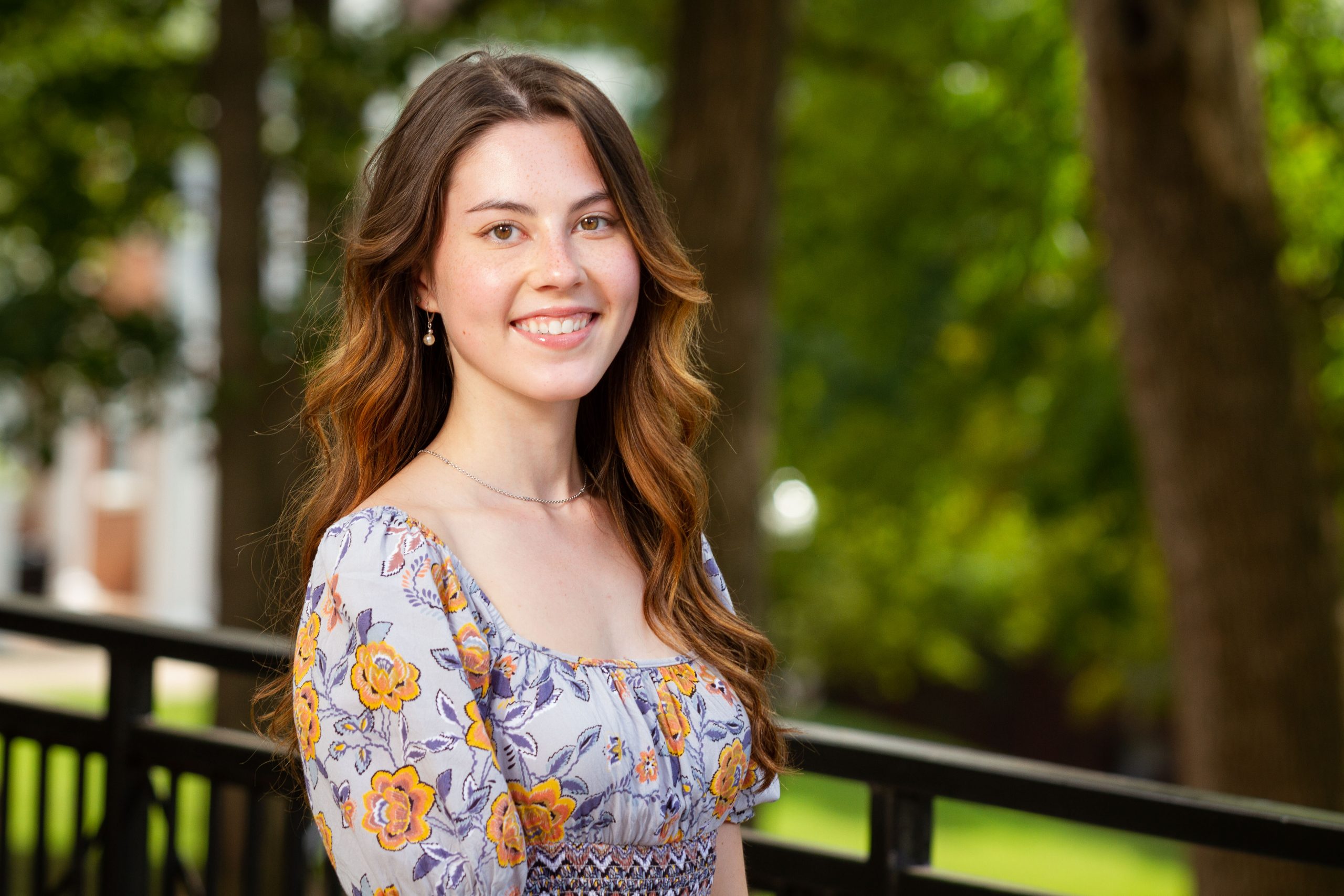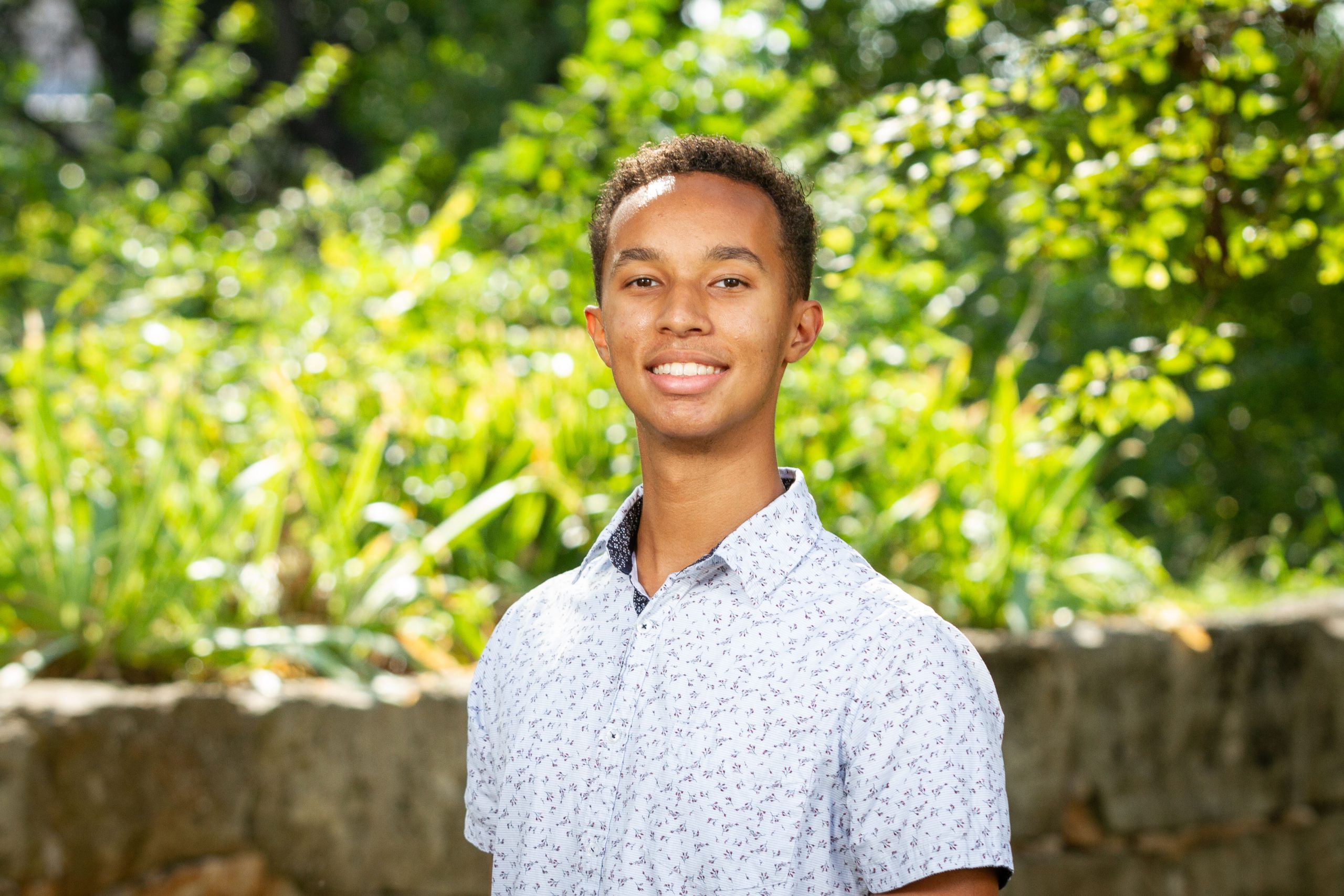Summer 5Q: Josh Song Studies Chemical Engineering at Vanderbilt
August 10, 2010 | 5Q, News, People, Research, Students, Summer | No Comments
When Josh “Moose” Song (Warren, ’11) met Vanderbilt University’s Dr. Kane Jennings in the summer of 2007, he probably didn’t realize just how important the relationship would become.
From that first summer, when Song was a student in Dr. Jennings’ “Introduction to Nanotechnology” class at the Vanderbilt Summer Academy, Song has kept the lines of communication open with Dr. Jennings. This summer it is paying off.
Song has spent two months this summer performing Chemical Engineering research under Dr. Jennings’ guidance. Recently, Dr. Jennings wrote an update on Song’s summer research, gloating about his progress. “Josh is having a terrific experience in the laboratory. He is addressing a key hypothesis we have developed relating to water and ion transfer into superhydrophobic polymer films. I expect that in three more weeks, he will have enough results to make a conclusion regarding the hypothesis, which will help us immeasurably. The quality of his experimental work to date is outstanding,” he wrote.
Song is one of eleven students who were awarded the Gatton Academy’s Research Internship Grant this summer. The grant is available to Gatton Academy students in the summer between their junior and senior years to support students in research opportunities.
Song paused from his research recently to answer some questions:
1. Tell us a little about the project or program in which you are participating this summer that the Research Internship Grant is funding.
My research explores the use of super-hydrophobic films as protective coatings. In this application, we take advantage of how a simple spray of water (such as rain) entirely cleanses glass surfaces. More specifically, I am conducting research to explore the possibility of regaining the super-hydrophobic behavior after an event that causes its deterioration, such as the addition of ethanol into the water solution that is in contact with the film.
To characterize this behavior, I performed contact angles, surface tension, and Electrochemical Impedance Spectroscopy (EIS) measurements. Contact angles are the simplest way to observe surface properties of the films: the higher the contact angles, the more hydrophobic the film. Surface tension measurements helped us to visualize the difference between various solutions of certain ethanol percentages. Lower surface tensions will cause the super-hydrophobic behavior to break, while relatively high surface tensions will maintain the super-hydrophobic behavior. Lastly, EIS measurements give more detailed information about the surface than simple contact angle measurements. EIS can give much more insight into how the varying amounts of ethanol are interacting with the super- hydrophobic film.
Through my research, I was able to discover that super-hydrophobic behavior cannot be recovered even when only relatively small amounts of ethanol are added to the solution. Even 0.5% Ethanol seems unlikely that the film’s super-hydrophobic characteristics can be recovered. As I continue the research smaller percentages of ethanol will be explored and hopefully we will be able to see that some behavior can be recovered through the removal and diluting of ethanol from the solution at even lesser amounts of ethanol.
2. What is the part of the summer experience you are enjoying most?
Vanderbilt has a great program for talented youth called Vanderbilt Summer Academy and the university has done a great job of making me feel at home and allows me to interact with peers my age who have interests similar to mine. I have attended this program twice before, and it is a truly wonderful experience. The staff has also been very friendly and I am thankful that I am able to spend my summer doing something productive yet still enjoyable.
3. How is this different from the way you think most high school students spend their summers?
I think most high school students spend their summers doing things that, while entertaining, they cannot speak of with pride, saying that they helped make something happen. This summer, not only have I done research, I also helped Western Kentucky University’s Center for Gifted Studies organize the Summer Camp for Academy Talented Students and the Summer Program for Verbally and Mathematically Precocious Youth. I think that while it may have been a summer more taxing and challenging than most, I will be able to look back and say that I was able to do things that I could never have done during the school year, and therefore I think that I have had a more productive summer than most.
4. Will you be using this research experience as a launching point for any particular applications, competitions, or scholarships?
I am definitely looking to use this experience to apply for a few competitions which include the Intel Science Talent Search and the Siemens Competition. I believe that any research opportunity would be a fantastic addition to any college application, and my relationship with Dr. Kane Jennings from the Chemistry Department of Vanderbilt University, which goes back to three summers ago, will benefit me for many years to come whenever I need information about undergraduate, graduate, or postgraduate schools or various competitions or scholarships.
5. How does this research experience or internship fit into your educational and professional goals?
Chemical Engineering is one of the largest and, still, fastest growing areas in the STEM field, and I have also become interested in it. I think this is a great opportunity for me to realize what Chemical Engineering is not only in class but in the lab during the graduate school years.
6. What are you looking forward to the most about your second year at the Academy?
I am thrilled to meet my friends again and it feels as if I’m almost looking forward to going back home. The Academy has a great community and everyone in the building is friendly and helpful. I am also excited to help the juniors become accustomed to life and share my knowledge and wisdom with them.



